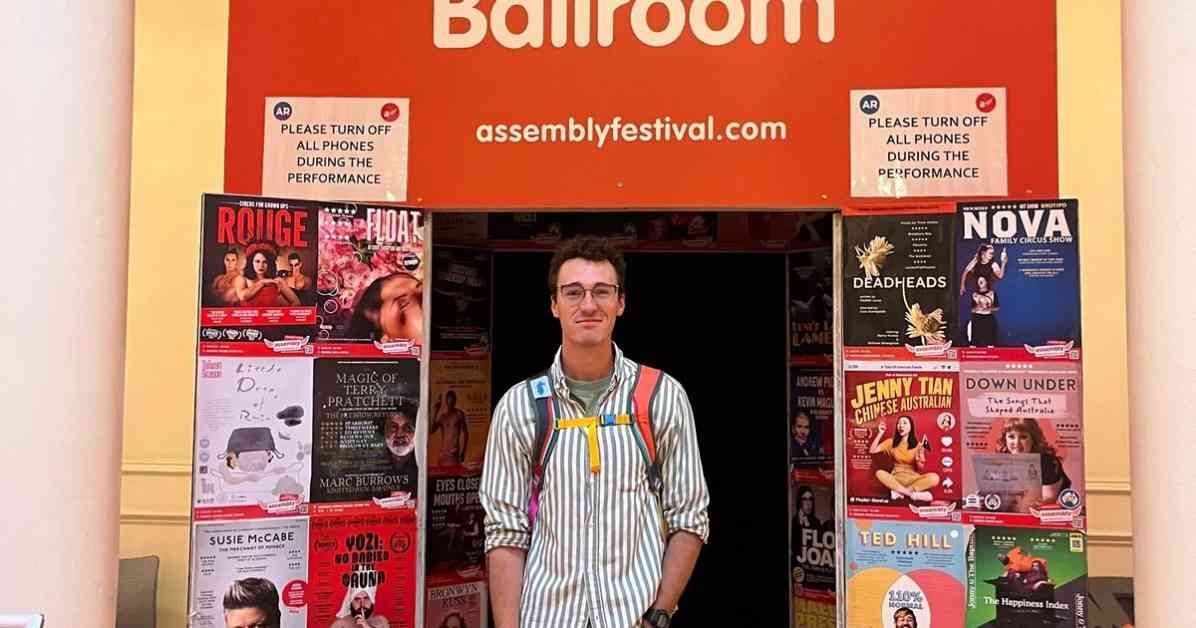Joshua Kaplan’s play “TERF” at the Edinburgh Fringe was highly anticipated due to its controversial subject matter, revolving around gender-critical feminism and J.K. Rowling’s views on transgender issues. The play featured a fictional intervention by the Harry Potter film cast, trying to sway Rowling towards a more compassionate perspective.
Despite the initial buzz and venue change, the play failed to deliver the expected controversy. The audience, including myself, found the discourse on trans-rights to be familiar and unoriginal. The attempts to humanize Rowling through flashbacks fell flat, and the jokes about Harry Potter were met with lukewarm laughter.
While the play aimed to spark conversation and challenge viewpoints, it seemed to only resonate with those who already agreed with its message. The lack of tension or differing opinions in the audience left me wondering about the impact of the show. Would it really change minds or just preach to the choir?
In a festival known for attracting large crowds and diverse opinions, “TERF” seemed to get lost in the noise. The absence of protests or discussions outside the venue highlighted the echo-chamber effect that social media often perpetuates. I found myself yearning for some form of engagement, whether through picketers or conversations among audience members.
Overall, “TERF” missed the mark in sparking meaningful dialogue and challenging perspectives. It served as a reminder of the limitations of art in influencing change, particularly in an era dominated by online echo chambers. The play may have had good intentions, but it ultimately failed to leave a lasting impact on its audience or the broader conversation surrounding gender issues.













